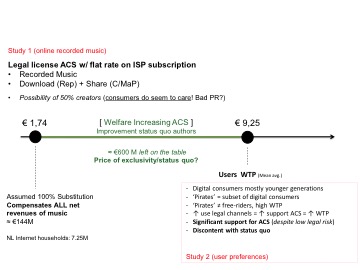The Court of Justice, the Commission, and the case for consolidation of EU Copyright Law
Readers of this blog are familiar (or should I say fed up?) with the piecemeal legal framework of EU copyright. With nine directives in the field of copyright alone (plus one on enforcement), the legal patchwork is evident. One of the problems with this scenario is the interplay of the different directives with one another….


